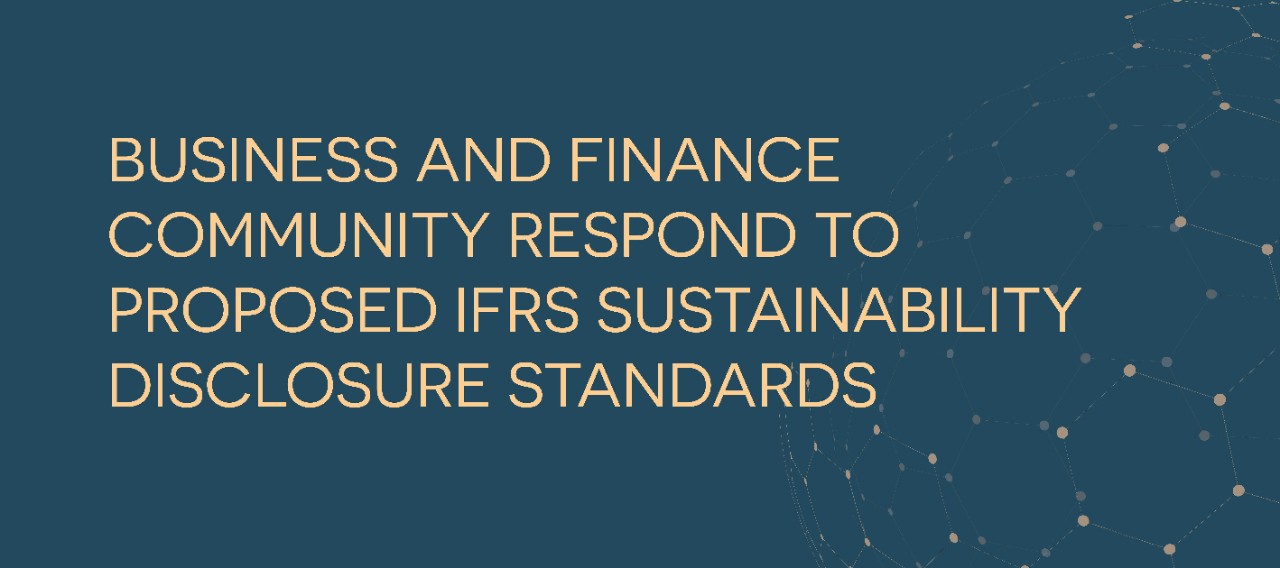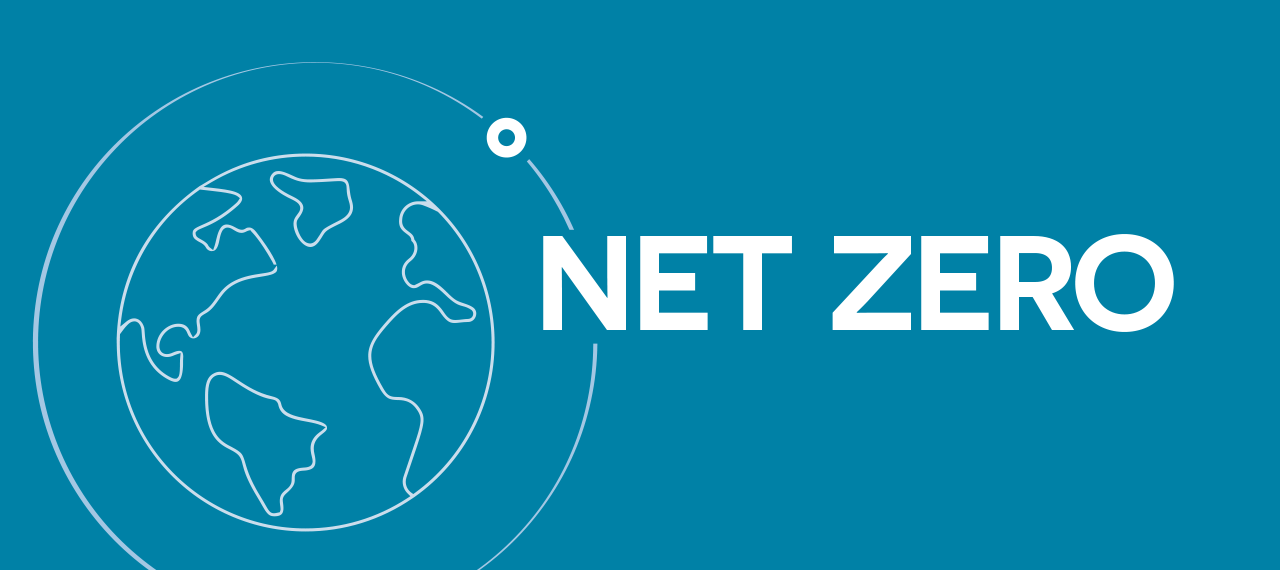A4S RESPONSE TO THE EUROPEAN COMMISSION CONSULTATION ON THE ESRS DELEGATED ACTS – JUNE 2023

A4S responds to the European Commission of the European Sustainability Reporting Standards (ESRS)
The A4S response to the European Commission ESRS delegated act consultation highlighted three areas which, from our conversations with preparers and other key players in the finance value chain, are particularly important to the finalization and implementation of the proposed European Sustainability Reporting Standards. These messages are consistent with the ones submitted to the ISSB in their 2022 consultation on proposed IFRS S1 and IFRS S2.
Members of the A4S CFO Leadership Network have also signed this response, with a full list of signatories below.
Read the response
Dear European Commission,
A4S is a charitable organization working with the global finance and accounting community to make sustainable business, business as usual. Over the past two decades, we have contributed to developments in sustainability reporting, including earlier EU-led reporting developments such as through A4S’s membership of the EU Expert Group on Non-financial Reporting, inputting to the NFRD. Through our work, we receive feedback from a wide range of companies, investors and other stakeholders, which has informed this submission. In particular, we have sought the views of Chief Financial Officers within our CFO Leadership Network, including those headquartered in the EU and elsewhere around the world. We welcome the possibility to provide feedback on the proposed delegated act setting out sustainability reporting standards for the disclosure of environmental, social and governance information.
Members of our network represent CFOs from a wide range of sectors and from organizations operating in multiple jurisdictions globally. Through our work they have highlighted that consistent, comparable and decision-useful information is key to investors and other stakeholders. Many have been early adopters of sustainability reporting, including the use of voluntary standards and frameworks such as GRI and TCFD.
Consistent with feedback that members have provided to the ISSB, a copy of which is included in the appendix, there are three areas we would like to highlight which are particularly important to the finalization and implementation of the proposed the European Sustainability Reporting Standards. These are:
- Align with relevant existing and emerging sustainability reporting standards to ensure interoperability and convergence, to the greatest extent possible. Interoperability between European and global sets of sustainability disclosure standards is critical to alleviate reporting burden in a future where internationally operating companies will adopt global standards and adhere to a variety of emerging regional/national level regulation. The collaboration between GRI and EFRAG in the creation of the ESRS is welcome, resulting in a high level of interoperability between these sets of standards. We urge the EC to maintain and seek to increase this alignment with global standards in the further development and continuous improvement of the ESRS. In addition to continued collaboration with GRI, we urge the EC to increase interoperability with the International Sustainability Standards Board (ISSB)’s IFRS Sustainability Disclosure Standards which will be applicable to many organizations also in scope of CSRD. For standards to be truly interoperable, the concepts, terminology, definitions and effective dates should align strongly. Reporters need clear guidance and complimentary sets of standards to be able to provide decision-critical sustainability information efficiently and effectively.
- Provide clarity and consistency around the application of double materiality (comprising of financial and impact materiality) and alignment of its financial component to the IASB and ISSB’s definition of materiality based on investor’s information needs. The alignment of impact materiality with GRI’s definition is welcome and creates global consistency. However, at present the ESRS and ISSB definitions of financial materiality diverge, adding to complexity. In the interest of interoperability and avoiding unnecessary complexity, we recommend that the ESRS and ISSB definitions of financial materiality are aligned, adopting the same definition as that already established by the IASB and therefore applied as part of existing financial reporting requirements in the EU.
- Be consistent with other legislation, to the greatest extent possible. We note that the draft Delegated Act requires preparers to disclose the information required by ESRS 2 General Disclosures in all circumstances, with climate and other disclosures subject to materiality assessment. We note that, in particular for financial services sector organizations, there is a risk that – where disclosures are not made by investees – they may not able to obtain the information necessary to meet requirements set out in other regulations (eg SFDR and Pillar 3).
We hope that sharing the above observations, based on our extensive experience with reporting and disclosure, will assist the European Commission in the finalization of the Delegated Act. We commend your work to date and support your ambition.
Yours faithfully,
Accounting for Sustainability, and
Ferdinand Vaandrager, Interim Chief Financial Officer, ABN AMRO
Paul Donofrio, Vice Chair, Bank of America
Bhavesh Mistry, Chief Financial Officer, British Land
Ian Brimicombe, Interim Chief Financial Officer, Burberry
Philippe Blondiaux, Global Chief Financial Officer, Chanel
Julie Brown, Chief Financial Officer, GSK
Javier Echave, Chief Financial Officer, Heathrow
Andy Agg, Chief Financial Officer, National Grid
Katie Murray, Group Chief Financial Officer, NatWest Group
Bláthnaid Bergin, Chief Financial Officer, Sainsbury’s
Hilary Maxson, Executive Vice President and Group Chief Financial Officer, Schneider Electric
Maria Ferraro, Chief Financial Officer and Chief Inclusion & Diversity Officer, Siemens Energy
Ken Bowles, Group Chief Financial Officer, Smurfit Kappa
Birgit Conix, Chief Financial Officer, Sonova
Gregor Alexander, Finance Director, SSE
Dawn Allen, Chief Financial Officer, Tate & Lyle
Graeme Pitkethly, Chief Financial Officer, Unilever
Joanne Wilson, Chief Financial Officer, WPP
Further Information
For more information on changes to the reporting landscape please register for the A4S Newsletter and read our reporting webpage.





